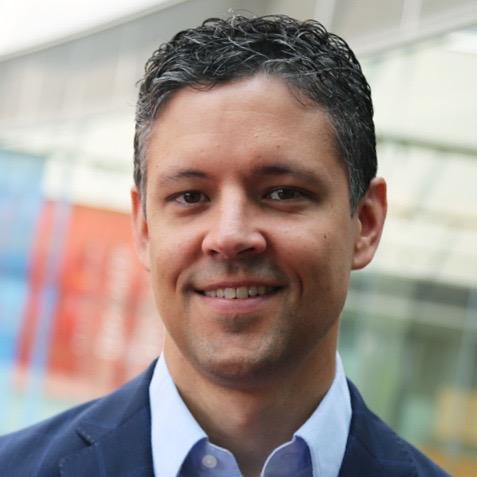An associate professor of biochemistry and lead researcher at the Morgridge Institute for Research at University of Wisconsin was awarded a presidential honor for his achievements as a young scientist.
The Presidential Early Career Award for Scientists and Engineers recognizes scientists that have shown great potential as leaders at the head of 21st century scientific knowledge.
As one of the 104 other national recipients of the award, associate biochemistry professor Dave Pagliarini was honored by the recognition.
Pagliarini said the award is not only reflective of his own achievements, but of the hard work of his team of scientists that work beside him as well.

“All we try to do is the best science we can do,” Pagliarini said. This recognition just came out of doing our best to write good grant proposals and scientific papers. When an individual wins an award, it is reflective of lots of people.”
As an undergraduate, Pagliarini said he trusted his instinct and declared a major in biochemistry almost immediately. He was fascinated by the idea of being the first to learn something so he decided to pursue science academically.
During his graduate years at University of California-San Diego, Pagliarini achieved his dream of being the first to learn something by discovering about 25 percent of the protein parts in the mitochondria were localized there.
Mitochondria are the organelle at the heart of metabolism and energy production. As a part of the mitochondria, the proteins Pagliarini identified are important to understand the function of metabolism in the body, he said.
As the director of metabolism at the Morgridge Institute for Research, his work focuses on determining how mitochondria metabolism production dysfunctions are associated with debilitating diseases, like cancer, diabetes and Parkinson’s.
Pagliarini’s lab is working to establish the biological function of mitochondria proteins at the fundamental level to better understand metabolism, he said. Once their characteristics are quantified, scientists can begin to look for ways to therapeutically treat mutations in these proteins, Pagliarini said.
One of Pagliarini’s primary focuses as the director of metabolism is to recruit new talent to support mitochondrial research in the lab.
Pagliarini said he recruits people who are talented, passionate, have a collaborative spirit and are willing to take on the most important questions.
“We want to build a team of scientists … that want to engage and learn from each other,” Pagliarini said. “It’s a lot about their character and not just about their ability.”
Pagliarini said the mitochondrial research in the Morgridge Institute has bold plans for the future.
He said the award served as an affirmation of the work he and his lab are doing.
“When people recognize and affirm the kind of work you do, it does help with funding,” Pagliarini said. “People want to fund scientists that will be effective.”








